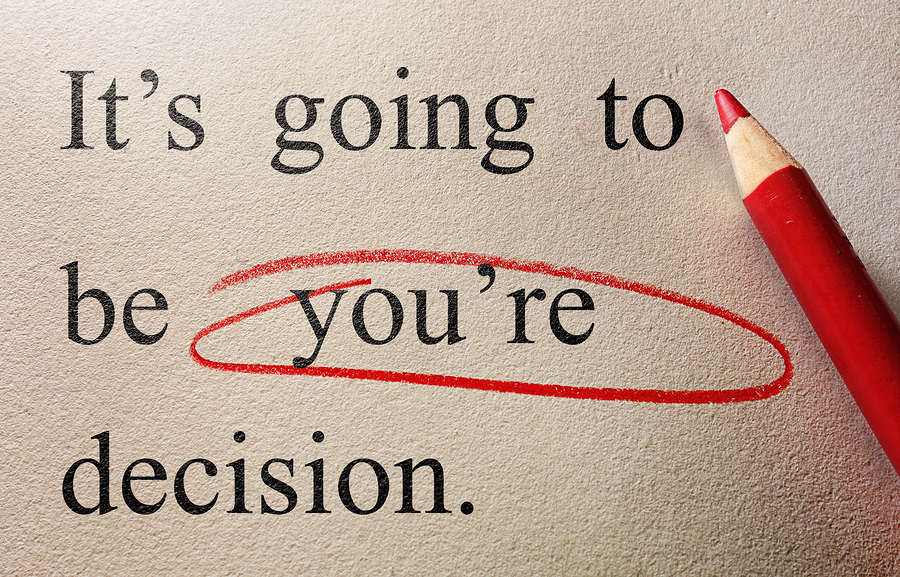I am very excited to announce the launch of The Christian Writers Institute! Come visit at www.christianwritersinstitute.com.
Over three years ago I began thinking of the need for a place where writers could find the best teachers all in one spot. The idea percolated for awhile until this year when its development began in earnest. It is great to see it finally become a reality.
This new online site has been created to help Christians become proficient in the skills, craft, and business of writing. To build the Kingdom of God word-by-word. It does so by providing audio, video, and pdf courses taught by some of the industry’s best teachers. In addition, the Institute will publish a number of books on writing for writers, including The Christian Writers Market Guide (coming in December). Originally founded in 1945, it is estimated that over 30,000 students have been trained by the Christian Writers Institute. Its venerable history can be found here (link).
There are nearly 100 courses uploaded and available for you. We will be adding new offerings regularly with the goal to have hundreds online over time.
Every class can be used on any device. Once you have registered and paid for your class it is yours to revisit forever. We have audio classes that you can listen to while driving or running. Over a dozen video courses that you can view on your phone, your tablet, laptop, or computer. This is not a subscription site with a monthly fee. Instead we make all the material available a la carte to be enjoyed at your own pace and under your own budget.
We have nearly 40 teachers with lectures on everything from the book proposal, to “show don’t tell”, to travel writing, writing for children, marketing your books, and even a lecture on grant writing!
Our first published book under the CWI banner will be the 2017 edition of The Christian Writers Market Guide coming in December. That will be followed with books by Cec Murphey, Kathy Tyers, and many more.
The audio learner, the visual learner, and the reading learner can all benefit from what CWI offers.
I believe very strongly in the value of education and particularly in our profession. No matter where you are on your writing journey, from novice to veteran, the learning never stops. Having taught at over 100 conferences over the years I’ve seen the benefit for those who attend. But not everyone can go to a conference. And the conference should not be the only time a writer is learning. Thus the vision for the Christian Writers Institute began to percolate. It doesn’t replace the conference but instead enhances the learning experience. Plus, by going online we can cross all international borders.
Please take a look and let us know what you think!











